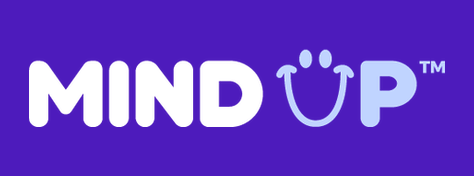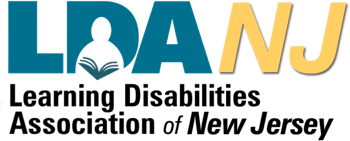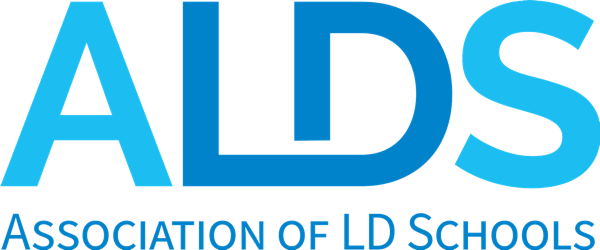The social development curriculum at The Craig school consists of many parts to support students in school and in their everyday lives. The Craig School’s social-emotional learning curriculum, MindUP™, is a mindfulness-based program grounded in the principles of positive psychology, neuroscience, mindful behavior, and social and emotional learning skills. Resilience, self-control, focus, empathy, and optimism are among the curricular themes. The social development curriculum promotes positive behaviors, improved learning, and bolsters scholastic performance.

Social-emotional development is as important to address with teenagers as it is with younger students. When teens feel valued in their community, feel competent, and have a sense of autonomy, they are more likely to engage fully in the high school experience.
The COACH program is a dynamic relationship between a student and a faculty member built upon the principles of guidance, personal relationships, and individual growth. Students are assigned a faculty COACH who serves as a mentor, executive coach, and content specialist, throughout the student’s tenure at The Craig School. This carefully selected “point-person” is matched up based on relationship dynamics, personality, and the individual needs of the student. The COACH becomes a personal resource to that student, their parents, and other faculty members and is most familiar with the learning profile and current needs of the student. Students have the option of working with their COACH daily and at key junctures of the trimesters. Additionally, they review progress reports and report cards, set and plan personal and academic goals, and work together to formulate the action steps necessary to achieve these goals.
The Counseling Program is designed to provide individual and group social coaching for students based on the active needs of students. Students are provided with a safe place to discuss concerns and issues, and problems as they relate to school. Students gain a better understanding of themselves and the people around them and learn to establish and maintain stronger relationships through the skills taught in the counseling program. The goal of the program is to continue the development and practice of self-advocacy and problem-solving skills. Components of the Counseling Program include:
For more information on ways of giving or to make a donation online you can clicking here.





